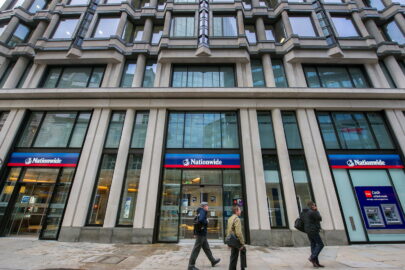Mortgage lenders, building industry ‘experts’, green energy groups and sustainability bodies have all joined forces to launch research into how to build a stronger link between energy costs, affordability and mortgage borrowing.
Chaired by Nationwide Building Society, and marking the start of the UN Conference on Climate Change in Paris (COP 21), the LENDERS project will investigate the increased use of the Energy Performance Certificate (EPC), required on every home for sale.
The research will test the use of EPC data in estimating energy costs on individual homes and look at the potential to incorporate that estimate into the mortgage affordability calculation. In turn, this may help encourage buyers towards homes with lower energy bills, and increase their willingness to invest in improving energy efficiency.
Supported and part funded by Innovate UK, the research draws on the expertise of diverse groups with green credentials, including Principality Building Society, UK Green Building Council, Zero Carbon Hub, Constructing Excellence in Wales, BRE, Energy Saving Trust, Arup and University College London (UCL).
Nationwide’s Green Further Advance allows all existing mortgage customers to take out loans of between £5,000 and £20,000 to undertake approved energy efficiency measures such as cavity wall insulation, rated boiler installation and solar panels. Loans benefit from a 0.25% rate reduction on Nationwide’s existing range of two-year fixed rate and tracker further advance deals, with current rates starting from 1.64% and 1.49% respectively.
Andrew Baddeley-Chappell, head of mortgage policy at Nationwide, said: “The research will look at ways of moving away from current estimates of energy costs and towards more detailed affordability calculations based on the individual property. Fuel charges are the largest unavoidable household costs and may vary by a large degree.
“Such detailed data could allow lenders to acknowledge that smaller fuel costs could allow more to be borrowed on the mortgage, nudge buyers towards more efficient buildings and potentially reflect the added value of such properties.”
